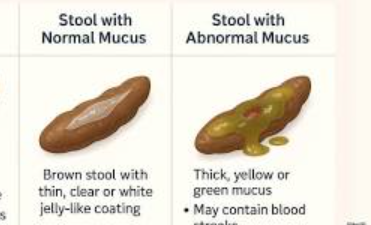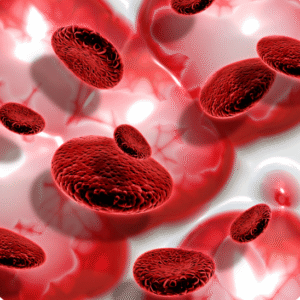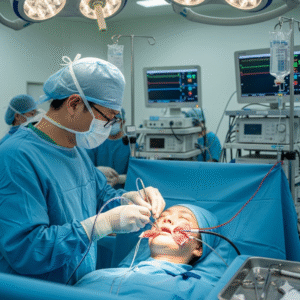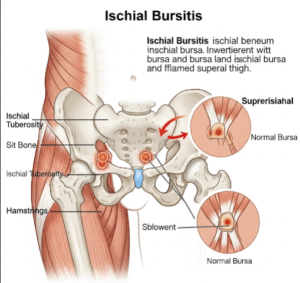Overview
Mucus in stool refers to the presence of slimy, gelatinous material in the feces. While a small amount of mucus is normal—since the intestines naturally secrete mucus to aid in lubrication and stool passage—excessive mucus may indicate underlying digestive or intestinal conditions.
In Korea, gastroenterology clinics provide diagnostic tests, dietary counseling, and treatment options for individuals with abnormal stool mucus, ensuring early detection of infections, inflammatory disorders, or irritable bowel conditions.
Key Facts
➤ Mucus is a slippery secretion from the intestines aiding in stool movement.
➤ Visible mucus may appear clear, white, yellow, or green.
➤ Causes can range from minor irritation to serious gastrointestinal disorders.
➤ Persistent or large amounts of mucus should be evaluated by a healthcare professional.
➤ In Korea, advanced diagnostic and therapeutic options are available for intestinal health.
What is Mucus in Stool?
Mucus in stool is primarily produced by the lining of the intestines, including the colon and rectum, to:
➔ Lubricate stool for smooth passage.
➔ Protect intestinal walls from mechanical damage and bacterial infection.
➔ Facilitate intestinal immune response.
Excessive or abnormal mucus may appear in stool due to inflammation, infection, or gastrointestinal disorders.
Symptoms Related to Mucus in Stool
Mucus in stool can be accompanied by other signs depending on the underlying cause:
➤ Visible mucus strands or coating on stool.
➤ Change in stool consistency – diarrhea or loose stools.
➤ Abdominal pain or cramping.
➤ Bloating or gas.
➤ Occasional blood in stool if intestinal inflammation is severe.
➤ Feeling of incomplete bowel evacuation.
Causes / Possible Causes
Mucus in stool may result from various gastrointestinal conditions, ranging from mild irritation to serious disorders:
Functional Causes
➤ Irritable Bowel Syndrome (IBS) – often produces mucus with alternating diarrhea and constipation.
➤ Minor intestinal irritation from dietary changes or infections.
Inflammatory Causes
➤ Inflammatory Bowel Disease (IBD) – includes Crohn’s disease and ulcerative colitis.
➤ Colitis or proctitis – inflammation of the colon or rectum lining.
Infectious Causes
➤ Bacterial infections such as Salmonella, Shigella, or E. coli.
➤ Viral gastroenteritis causing temporary mucus production.
Other Causes
➤ Hemorrhoids or anal fissures can produce small amounts of mucus.
➤ Food intolerances like lactose intolerance or celiac disease.
➤ Rarely, colon polyps or tumors may produce mucus.
Risk Factors
➤ History of IBS or IBD.
➤ Recent gastrointestinal infections.
➤ Diet high in irritating foods, fats, or artificial additives.
➤ Stress or anxiety, which can exacerbate IBS-related symptoms.
➤ Chronic use of certain medications (e.g., antibiotics or NSAIDs).
Complications
Persistent mucus in stool can indicate ongoing intestinal issues that may lead to:
➤ Chronic diarrhea or dehydration.
➤ Malabsorption of nutrients in conditions like IBD or celiac disease.
➤ Increased risk of colon complications, such as ulcers or polyps.
➤ Discomfort and quality-of-life impact due to frequent bowel changes.
When Should I See My Doctor?
Consult a doctor if:
➤ Mucus is persistent or increasing over time.
➤ Accompanied by blood in stool, severe abdominal pain, or unexplained weight loss.
➤ Associated with fever or signs of infection.
➤ You have known IBD, celiac disease, or other chronic intestinal conditions.
➤ Changes in bowel habits are sudden or severe.
Early assessment ensures timely diagnosis and treatment to prevent complications.
Care and Treatment
Treatment depends on the underlying cause of the mucus:
Dietary and Lifestyle Measures
➤ Increase fiber intake to regulate bowel movements.
➤ Stay hydrated to prevent constipation.
➤ Avoid trigger foods (spicy, fatty, or processed foods).
➤ Stress management for IBS-related symptoms.
Medical Treatments
➤ Antibiotics for bacterial infections.
➤ Anti-inflammatory medications for IBD.
➤ Antispasmodics or laxatives for IBS-related bowel irregularities.
➤ Regular monitoring and colonoscopy if symptoms persist.
Home Care
➤ Track bowel habits and mucus appearance.
➤ Maintain hygiene to prevent anal irritation.
➤ Use probiotics to support healthy gut flora if recommended by a physician.
Treatment Options in Korea
Korea offers comprehensive gastroenterology care for mucus in stool through hospitals and specialized clinics:
Diagnostic Services
➤ Stool analysis for infection, blood, or abnormal cells.
➤ Colonoscopy or sigmoidoscopy to assess colonic mucosa.
➤ Blood tests for inflammation markers, celiac antibodies, and nutrition status.
➤ Imaging tests (CT, MRI) for structural intestinal evaluation.
Medical and Supportive Care
➤ Prescribed medications for IBD, IBS, or infections.
➤ Nutritional counseling and tailored diet plans for gut health.
➤ Follow-up and monitoring programs to prevent recurrence and complications.
➤ Multidisciplinary care including gastroenterologists, nutritionists, and psychologists for comprehensive management.













